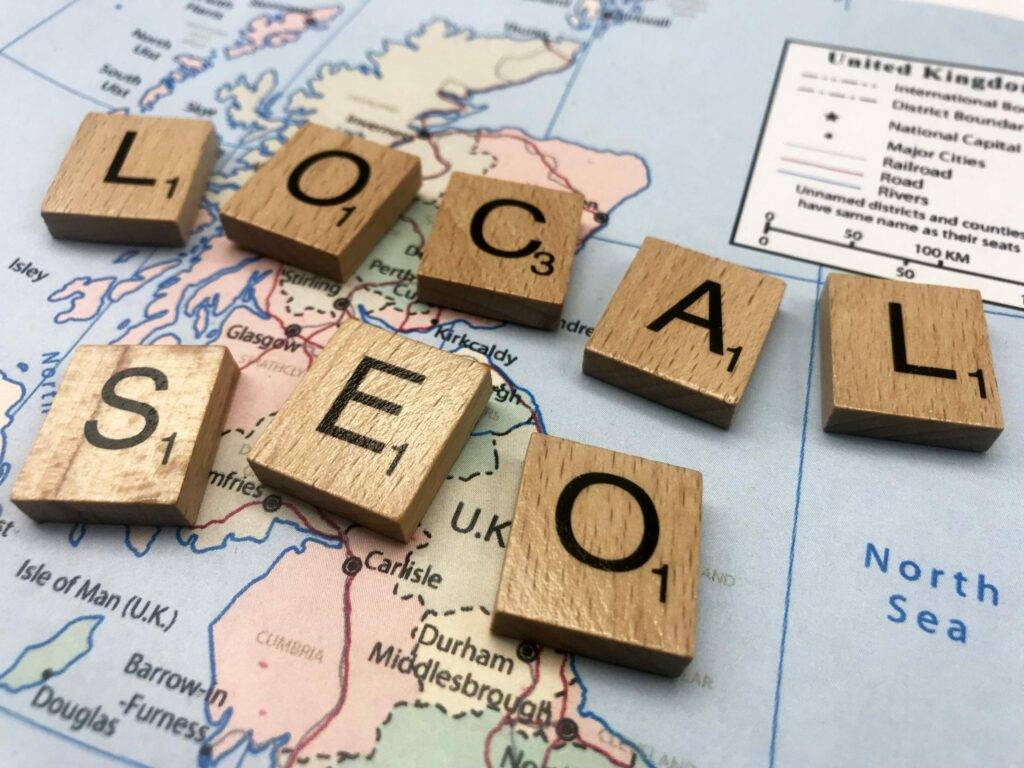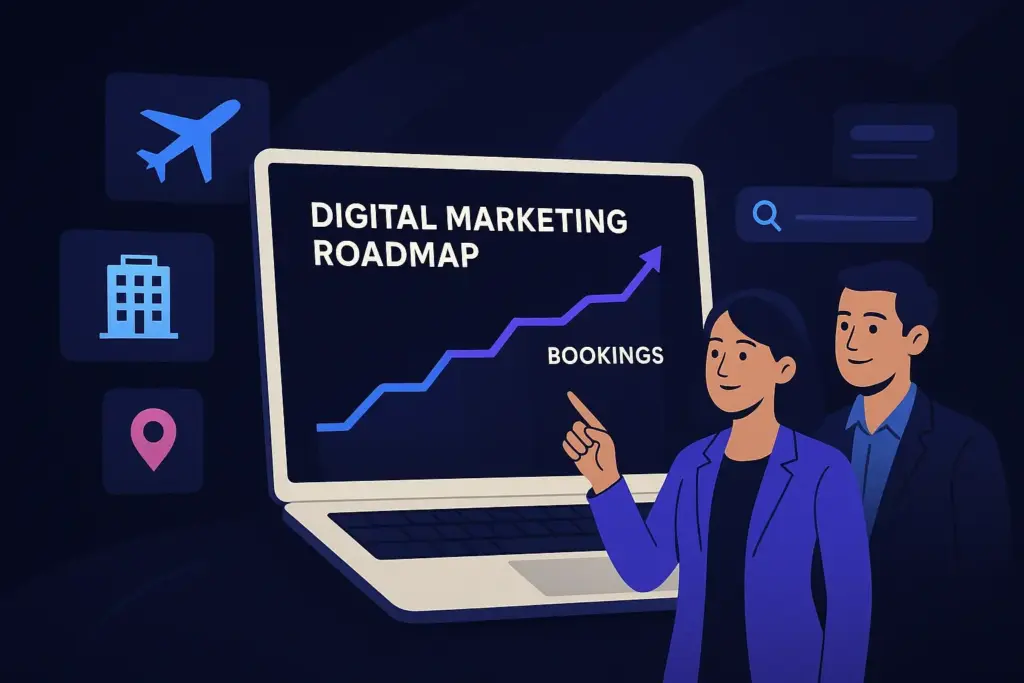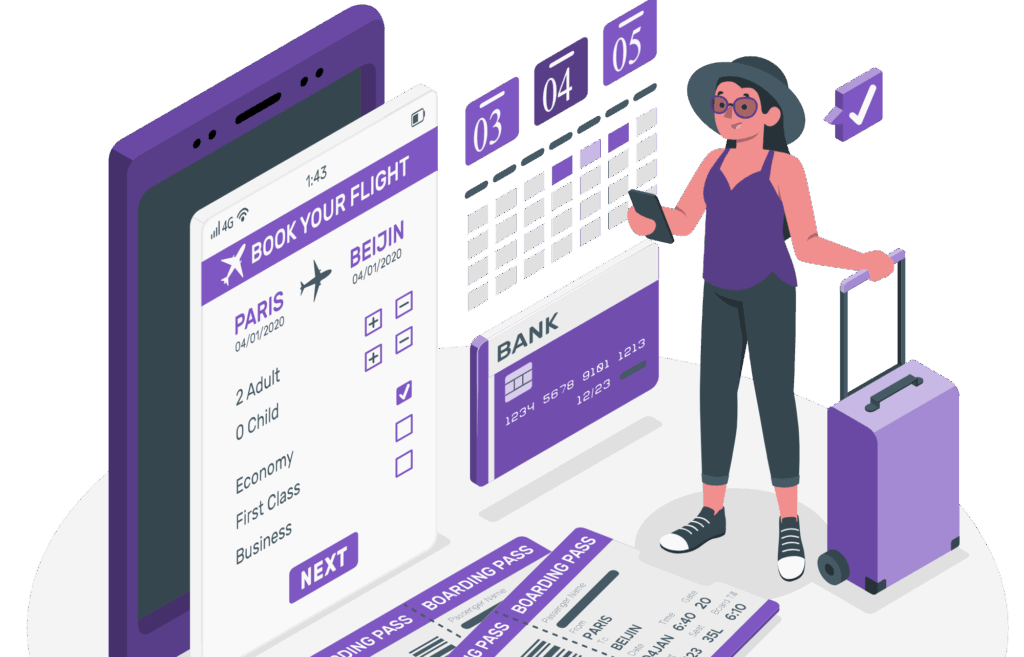I get asked time and time again by small business owners, how do I get ranked in my area on Google? It is a valid question as there is not one thing that will get you ranking, it is a range of ranking factors. I this post I am going to take you through a checklist of actionable points you can take and implement today to boost your local rankings.
Why Is Local SEO Important?
Before we get started, I wanted to show you why local SEO can be so important and powerful for your business & it’s growth.
At an event a couple of years ago, Google announced that 46% of searches have local intent!
Search that includes ‘near me’ continues to rise.

This shows it is more vital than ever for your local business to be as visible on google as possible.
1. Create & Optimise Your Google My Business Listing.
You have probably seen me mention this in a few of my articles already, I cannot stress enough how important this is. It is a free tool by Google. You essentially add information about your local business, so you are easier to find on the local pack and from a brand search.

For example, Google ‘Michael Ryan SEO’ you will see my GMB information on the right. It is important to include information such as opening hours, any products or special offers & your address if you serve people are your business address. You can also ask users to leave a review here to build your profile for prospects.
2. Make Sure Your NAP Is consistent.
NAP stands for Name Address & Phone number. You need to make sure this is consistent across the internet, so you don’t confuse your customers & Google. You want to make sure this information is aligned across the following
- Your website
- Social Profiles
- Local Directories
- Google My Business page
3.Use Google Maps on your Website.
If you are a business who wants customers to come to their business premises in some way or another, then it is wise to have your Google maps location on your website.
It is very easy to add, you can either collab with your developer or most CMS will have a simple widget to get this added.
It is best to include this on your contact us or about me page. It also helps Google understand you are a local business with a physical address, which will help with search.
4. Localise your Title tags & Meta Descriptions.
A lot of local business owners I speak to have an amazing website, but they do not tell Google what’s on their pages. Without this, you will not rank.
Title tags, H1’s & your URL structure are vital in Google ranking you on the SERPS.
More importantly, it gives you the opportunity to drive home the fact you reside in a local area. For example, you might own a bakery in London.
Your homepage title might be ‘Traditional London Bakery | My Bakery’
Most CMS platforms such as WordPress, Shopify & Wix will have options for you to change this.
For example, our SEO London page has a localised title tag to help increase our local ranking!
5. Use Schema Mark Up.
Schema/ Structured Data Mark Up is still super important for ranking locally. Local Schema is essentially a piece of code that wraps around your local information to help search engines understand is & visualise it for users.
You can either work with your developer to get this implemented, or again your CMS platform will most likely have a plugin.
If you have an eCommerce website you can also use product schema on your products. This will help search engines visualise information about your products such a price, availability & Images.
6. Get Citations Through Relevant Directories.
A citation is any online mention of the name, address, and phone number for a local business.
Citations can occur on local business directories, on websites and apps, and on social platforms.
Citations will help Internet users to discover local businesses and can also impact local search engine rankings.
7. Acquire Relevant Links – Locally if possible.
Although you can still generate great ranking without links, you will not maximise your organic visibility without generating relevant links.
If you are predominantly focused on local search, then look to acquire local links.
There is a range of ways you can do this, directories, networking, and events.
If you need some more info on how to do this, read this article search engine watch covered about Greg Gifford’s Brighton SEO talk
8. Leverage your location in your content.
Some of you might have a few different locations you are looking to target. If you do not have a physical address there then you won’t be able to create a Google My Business Page, so what you want to do is create a location page on your website.
Here you want to leverage all the content you have around this area. For example, testimonials from clients within this area or images of work you have carried out here.
It is also important to internally link to your services page from here.
9. Remember to ask for a review
You would be surprised at the level of research people will do before making an investment or purchasing a product. According to a bright local report, 82% of people will read reviews before purchasing from a local business.
Do not be scared to ask for a review if you believe you have added value to your client. If you sell products, ask for internal reviews and ask the ones that are great to then review on Google also.
Some companies offer an incentive such as a discount code for this.
10. Think Mobile
One of the most important areas of SEO has been ensuring your mobile site is fully optimised for SEO. Google changed to mobile indexing first so your mobile site will have as much effect on your rankings as your desktop site.
It is becoming an important ranking factor as Googles algorithm matures.
Not only this, mobile users now outweigh desktop users. Their share of search has increased from 16% in 2013 to 53% in 2020 due to the rise of smartphones.
If you follow these 10 tips, you will be well on you are to ensuring you generate further local enquiries through organic search. To get a head start, try my free SEO audit tool that will give you further areas you can work on.
Author: Michael Ryan is a Freelance SEO Consultant based in Essex.
Featured Image sourced from Tecmark




